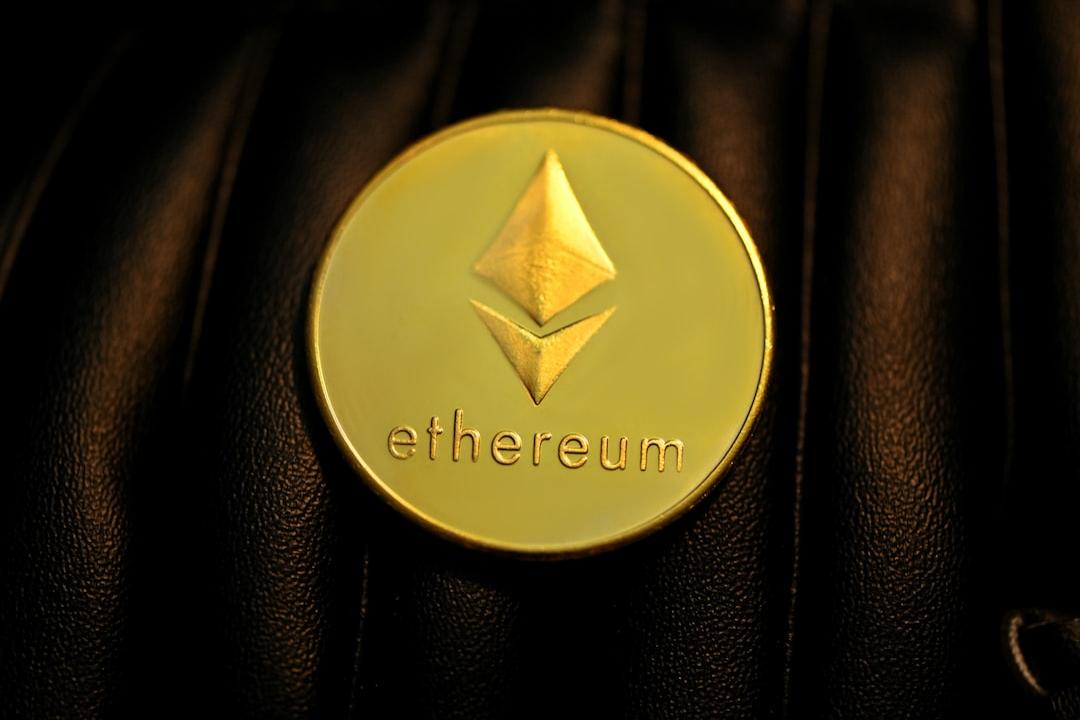Elon Musk, CEO of Tesla, filed a lawsuit against OpenAI on February 29th, accusing OpenAI CEO Sam Altman of deviating from the company’s original mission to develop AGI (Artificial General Intelligence). Musk criticized Altman for prioritizing profitability over the commitment to “safely create AGI” and “non-profit” objectives.
AGI, or Artificial General Intelligence, is like a computer with unlimited capabilities depicted in science fiction. It refers to AI that possesses human-like intelligence and self-learning abilities, without the need for language model training, to perform tasks.
Some scholars believe that AGI is a computer program with human understanding and cognitive abilities. It can provide real-time solutions in unfamiliar or highly computational situations, simulating the functioning of the human brain. However, this characteristic has raised concerns among experts regarding its risks and ethical implications.
According to Bloomberg, Musk has been one of the most outspoken individuals about the dangers of artificial intelligence and AGI.
Currently, most AI models require pre-set parameters, big data, or language models for training and are unable to cross domains. For example, an AI model for image recognition cannot assist in website development. AGI is still in the theoretical stage.
Why did Musk sue OpenAI?
According to Bloomberg, Musk filed a 46-page lawsuit in the California Superior Court, accusing Altman of violating OpenAI’s founding principles. Musk alleges that OpenAI prioritized profits over human welfare, contradicting its initial “non-profit” purpose.
Musk was a co-founder of OpenAI but has since left the company. The lawsuit mentions that OpenAI’s close relationship with Microsoft has disrupted the goal of creating AGI and transformed it into a profit-oriented venture. Microsoft has become OpenAI’s largest shareholder, potentially impacting the future direction of OpenAI.
The lawsuit states, “OpenAI’s company philosophy on its website still claims that AGI will benefit humanity. But in reality, OpenAI has become the world’s largest technology company – a subsidiary of Microsoft.”
In response to these allegations, Jason Kwon, OpenAI’s Chief Policy Officer, disagreed with Musk’s accusations in an internal memo obtained by Bloomberg. He also refuted Musk’s claim that OpenAI is a “subsidiary” of Microsoft and stated that Musk made these remarks out of regret for not being able to continue his involvement with OpenAI.
What are the five charges Musk has brought against OpenAI?
Specifically, Musk has made five demands:
Charge one:
Accusing OpenAI of violating the contract and failing to fulfill its commitments. Musk believes that his initial financial and personal contributions to OpenAI were intended to benefit humanity. However, OpenAI not only failed to disclose the technical details of GPT-4 but also licensed it to Microsoft, violating the initial agreement.
Charge two:
Accusing OpenAI of failing to fulfill its fiduciary duty. Musk alleges that OpenAI used funds for profit-oriented purposes, contradicting the commitment to develop AGI for non-profit purposes.
Charge three:
Accusing OpenAI of engaging in unfair business practices. Musk alleges that OpenAI made false promises during fundraising, such as committing to develop AGI as a non-profit organization, which led Musk to donate money and resources. He stated, “If I had known this, I would never have donated to OpenAI.”
Charge four:
Accusing OpenAI of having unreliable internal accounting standards.
Charge five:
Requesting the court or a jury to assist Musk in determining the compensation he should receive. In the lawsuit, Musk requests the court to issue an order compelling OpenAI to publicly disclose all its research and technology to the public. He also asks Altman to relinquish any income obtained illegally.
The story of Musk and OpenAI: Unresolved and chaotic
Musk co-founded OpenAI in 2015 with other partners but left in 2018 due to differences in vision. In an interview, Musk mentioned that he was too busy with the operations of Tesla and SpaceX and couldn’t focus on OpenAI. The key factor for his departure was not agreeing with OpenAI’s future direction.
During its early stages, OpenAI positioned itself as a non-profit organization committed to sharing development code freely with users. However, in 2019, Altman became CEO and announced the establishment of OpenAI LP, a for-profit subsidiary. Microsoft also invested $1 billion at that time.
Even after leaving OpenAI, Musk continued to provide research funding until 2020. According to the lawsuit documents, Musk’s cumulative investment exceeds $44 million. He is now seeking compensation from OpenAI, but the specific details of the compensation are not elaborated upon.
Bloomberg interviewed securities lawyer and Northwestern University visiting law professor Andrew Stoltmann regarding the case. He stated that the claim of a close relationship between OpenAI and Microsoft, which violates the original commitment, is a “very difficult claim to prove.” He also mentioned that using lawsuits to convey his own message is a tactic often employed by Musk.
This ongoing drama about AGI, whether it benefits humanity, and whether OpenAI deviated from its original purpose will continue to unfold. It remains to be seen how the various parties will respond (or not respond) and whether the truth will become clearer.
Sources:
Bloomberg 1, Bloomberg 2
Editor: Lin Meixin

